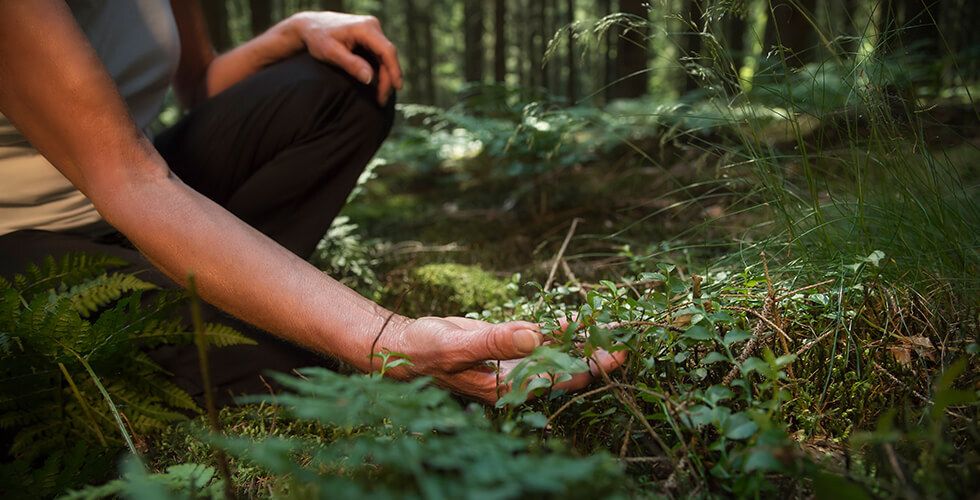
In Japan, there’s a practice called shinrin-yoku, or “forest bathing,” that’s less about hiking and more about immersing yourself in nature with all your senses. Developed in the 1980s as part of a public health initiative, forest bathing encourages people to slow down, unplug, and simply be among the trees — breathing deeply, noticing the textures, scents, and sounds of the forest.
Unlike a workout in the woods, shinrin-yoku is about presence, not pace. You might stroll slowly along a mossy path, pause to listen to birdsong, inhale the scent of pine needles, or run your hand along the bark of an old tree. The goal is to let nature’s sights, sounds, and smells work their quiet magic on your body and mind.
Science is catching up with what Japanese culture has long embraced: spending unhurried time in green spaces has measurable health benefits. Research shows forest bathing can lower cortisol levels (the body’s stress hormone), reduce blood pressure, and boost immune function. One reason is phytoncides — natural compounds released by trees — which appear to increase the activity of our natural killer cells, a key part of the immune system.
Mentally, forest bathing can improve focus, ease anxiety, and enhance mood. The combination of fresh air, gentle movement, and sensory engagement helps calm the nervous system and shift the brain from a stressed “fight or flight” mode into a more relaxed “rest and digest” state.
You don’t need to live near a sprawling forest to try shinrin-yoku. A park, a grove of trees, or even your backyard garden can become your sanctuary. Leave your phone behind, move slowly, breathe deeply, and let the living world around you remind you what it means to be fully alive.

